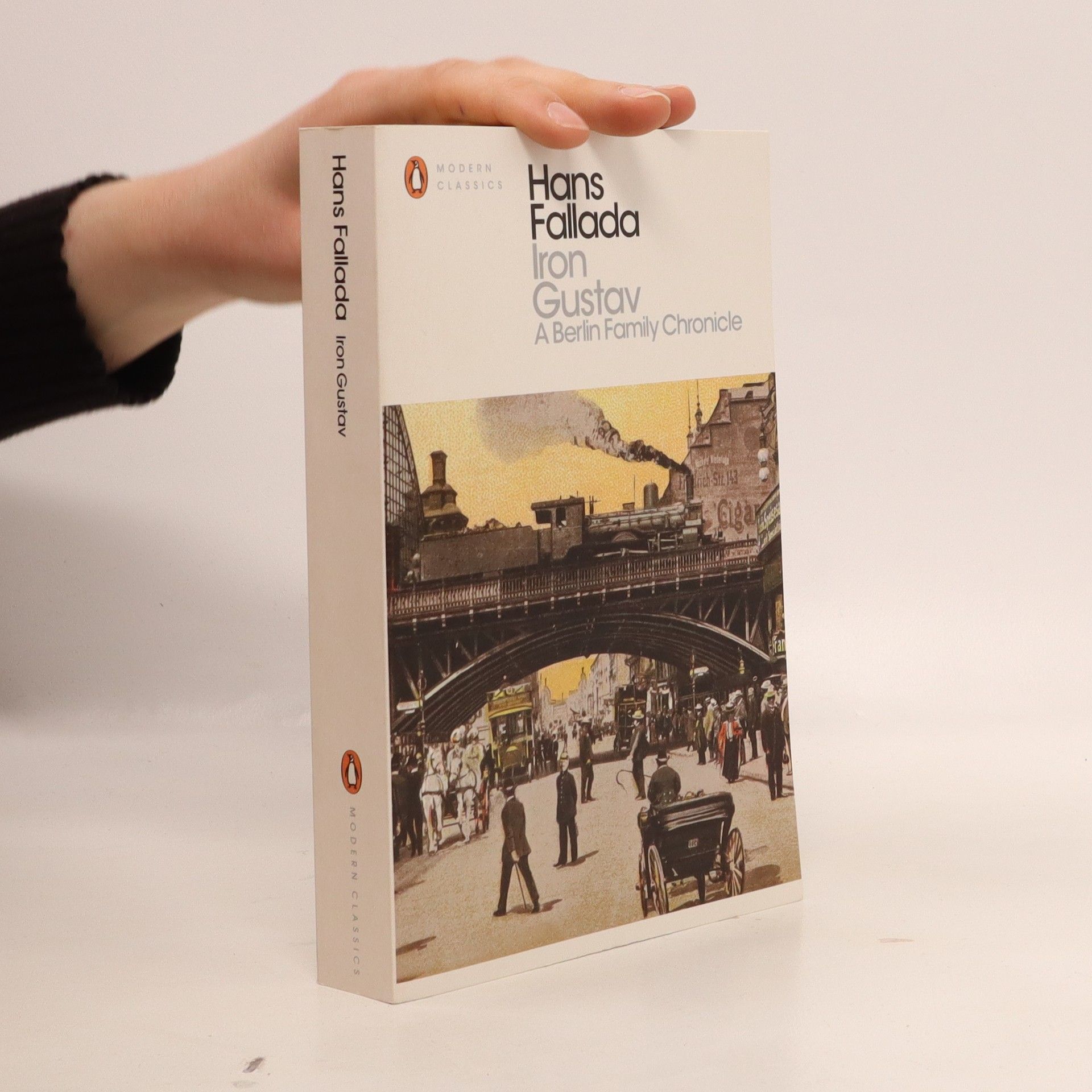Seul Dans Berlin
- 558pages
- 20 heures de lecture
"Mai 1940, on fête à Berlin la campagne de France. La ferveur nazie est au plus haut. Derrière la façade triomphale du Reich se cache un monde de misère et de terreur. 'Seul dans Berlin' raconte le quotidien d'un immeuble modeste de la rue Jablonski, à Berlin. Persécuteurs et persécutés y cohabitent. C'est Mme Rosenthal, juive, dénoncée et pillée par ses voisins. C'est Baldur Persicke, jeune recrue des SS qui terrorise sa famille. Ce sont les Quangel, désespérés d'avoir perdu leur fils au front, qui inondent la ville de tracts contre Hitler et déjouent la Gestapo avant de connaître une terrifiante descente aux enfers. De 'Seul dans Berlin', Primo Levi disait, dans 'Conversations avec Ferdinando Camon', qu'il était 'l'un des plus beaux livres sur la résistance allemande antinazie'. Aucun roman n'a jamais décrit d'aussi près les conditions réelles de survie des citoyens allemands, juifs ou non, sous le IIIe Reich, avec un tel réalisme et une telle sincérité." [Source : 4e de couv., tirage 2012]

![A short treatise on the joys of morphinism ; [fiction]](https://rezised-images.knhbt.cz/1920x1920/51577006.jpg)







